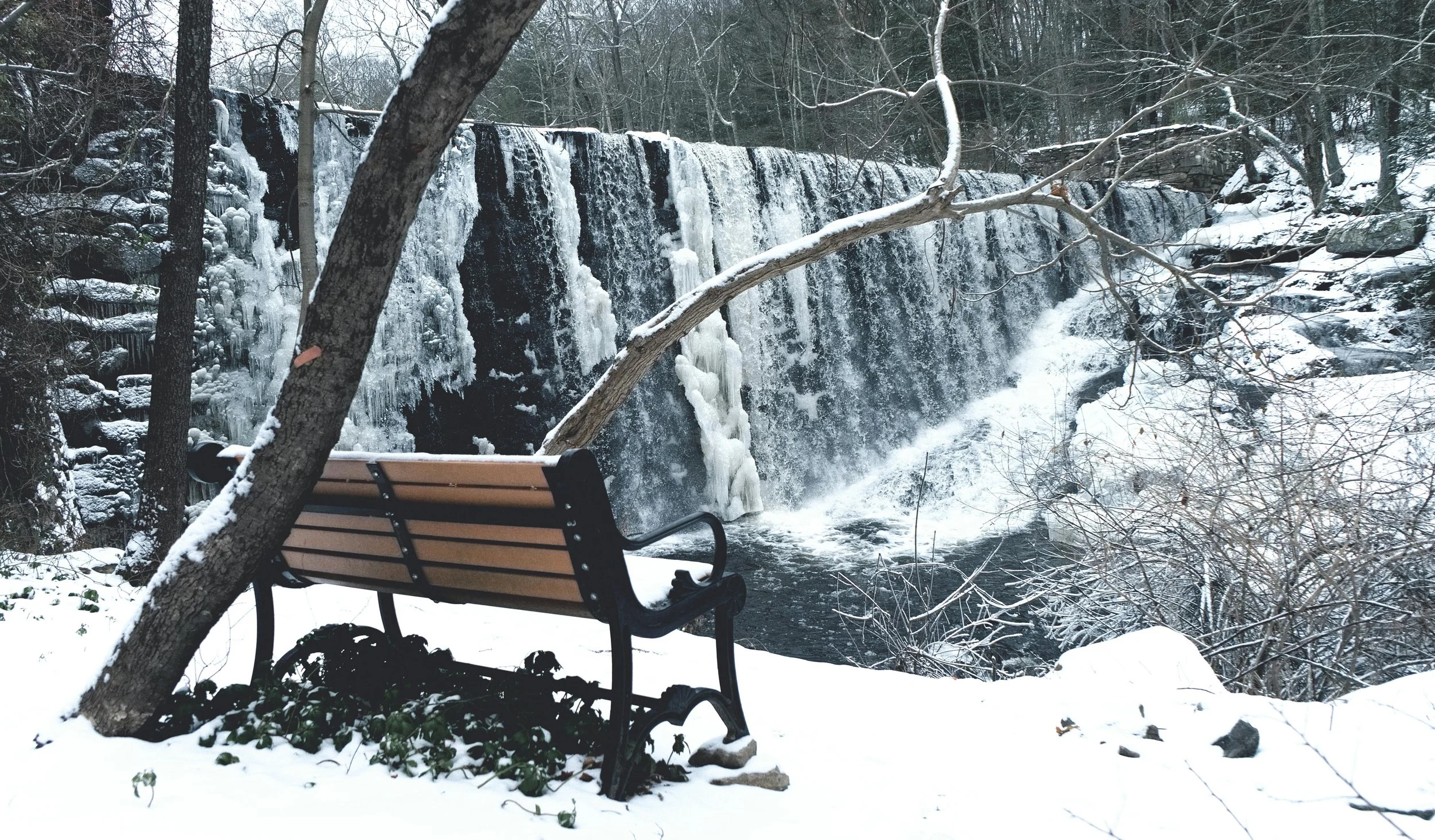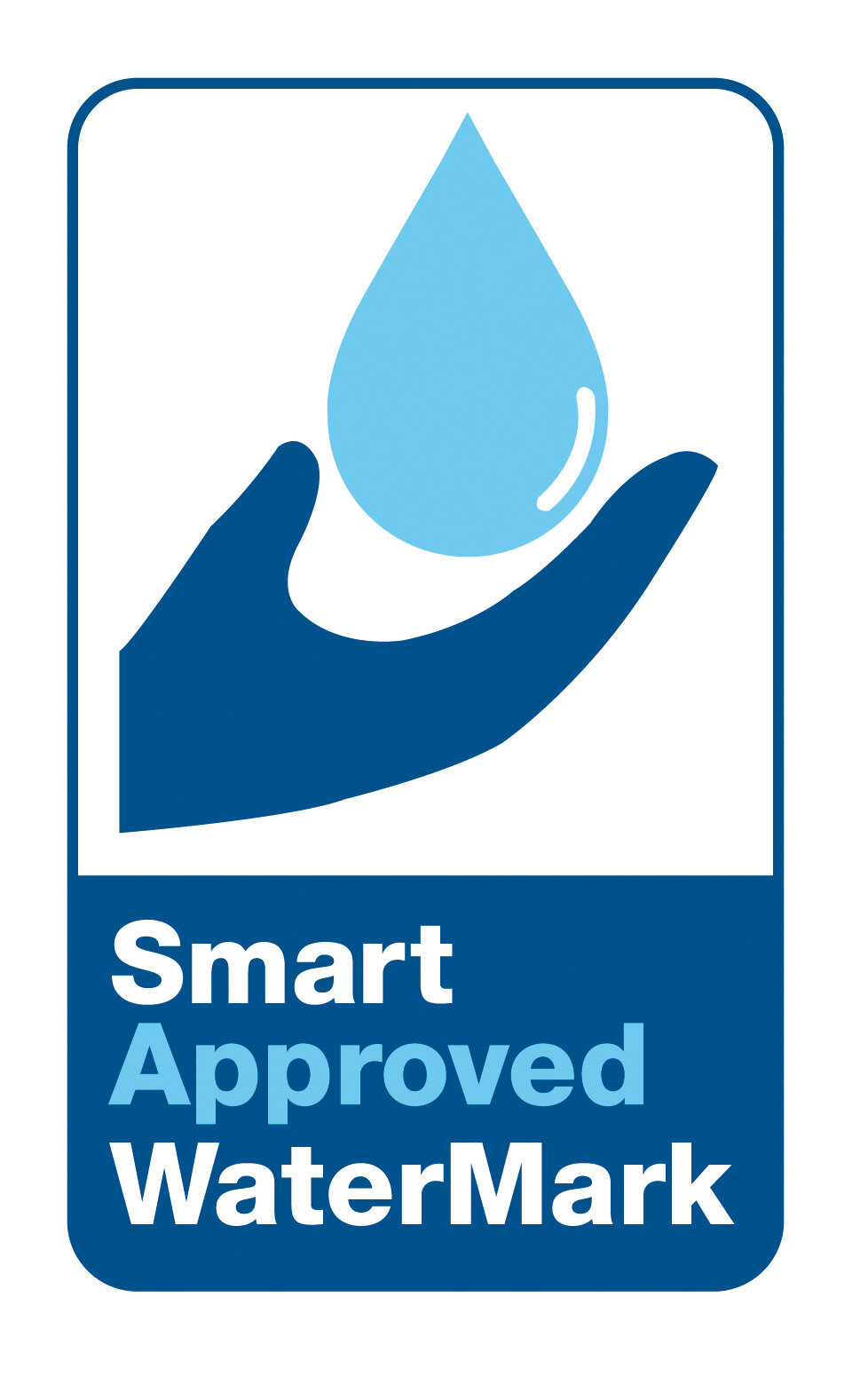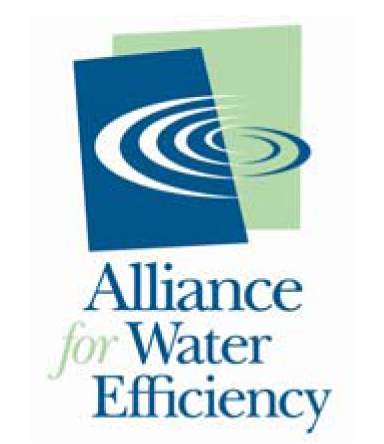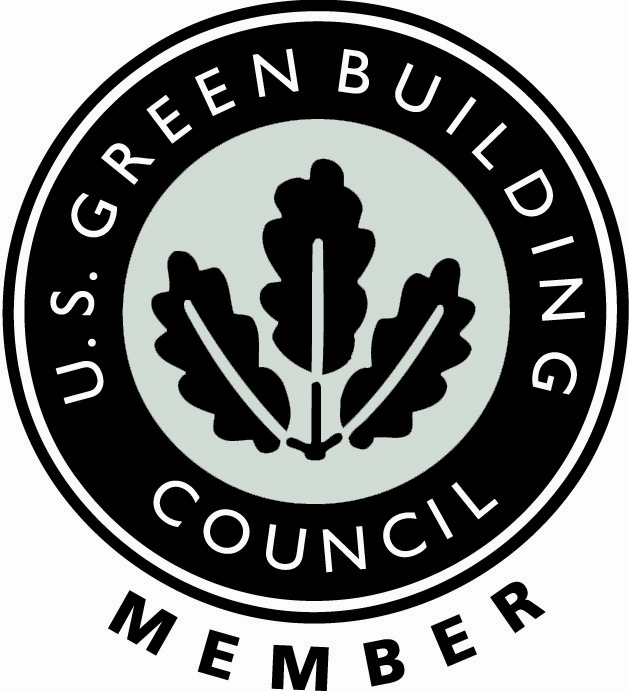For park and camp administrators in colder regions, winterizing the plumbing system is a critical annual ritual. When water is left sitting in pipes or fixtures, freezing temperatures can cause it to freeze into ice. As ice expands, it places tremendous pressure on pipes, fittings, and fixtures—often causing cracks, ruptures, and costly repairs.
Essential Steps for Winterizing Park & Camp Plumbing
Most facility managers follow this essential winterization sequence to protect their assets:
1. Shut off the water supply at the source or pump.
2. Open all taps and leave them open so pipes can fully drain and no vacuum forms.
3. Flush toilets and urinals to remove standing water.
4. Turn off and drain the water heater if your system requires it.
Once these steps are complete, the property is typically ready to close for the season.
Reopening Checklist: Don't Forget Drain Maintenance
When parks and camps reopen, the process reverses:
Turn the water back on.
Restore the water heater and close its drain.
Run faucets and flush toilets to clear the lines.
Check vent stacks for leaves, debris, or blockages.
Inspect for leaks, as pipes refill and repressurize.
However, there is one critical step many overlook: checking for sewer odors in restrooms, kitchens, locker rooms, and mechanical spaces.
Why Sewer Odors are a Serious Health Risk
Unpleasant smells are more than a nuisance—they often indicate sewer gases entering the building. These fumes can contain bacteria and volatile compounds that may trigger headaches, nausea, and respiratory issues, especially for children and older adults.
The most common cause is a dried-out U-trap (or P-trap)—the curved section of pipe beneath sinks, showers, floor drains, and water fountains. When unused for months, the water in the trap evaporates, allowing sewer gases to escape and causing immediate odor issues upon reopening. This is a key concern for camp drain maintenance.
🛠️ The Fix: How to Prevent Dried Drain Traps and Odors
If the source is a cracked pipe or a failed seal, a plumber will need to make the necessary repairs. But when the issue is simply a dry trap, administrators can take quick, safe action.
Avoid These Common Mistakes:
❌ Don’t pour bleach or harsh chemicals into drains—they can create more fumes.
❌ Don’t mask odors with sprays or deodorizers.
Do This for Effective Drain Trap Protection:
Ensure that vent stacks are clear and functioning correctly.
Pour two cups of water down each drain for temporary relief.
Use a liquid trap primer. A product like EvepPrime ® from Waterless Co., Inc., is a biodegradable liquid that sits on top of the water in the trap. It significantly slows evaporation—even through extreme winter temperatures—providing months of protection against sewer gas.
Many parks and camps now wisely add a drain trap primer during the fall winterization period. Applying them before closing helps prevent dried traps and the resulting sewer odors when the property is reopened.
Protect Your Facility: A Simple Step in Winterization
Sewer gas odors should always be treated as a health risk. A simple, proactive step during winterizing park plumbing—adding a high-quality liquid trap primer—can help protect indoor air quality, prevent tenant complaints, and avoid unnecessary repair costs when spring arrives.
-Klaus
Image Above by The Happiest Face = ) Found on Prexels










